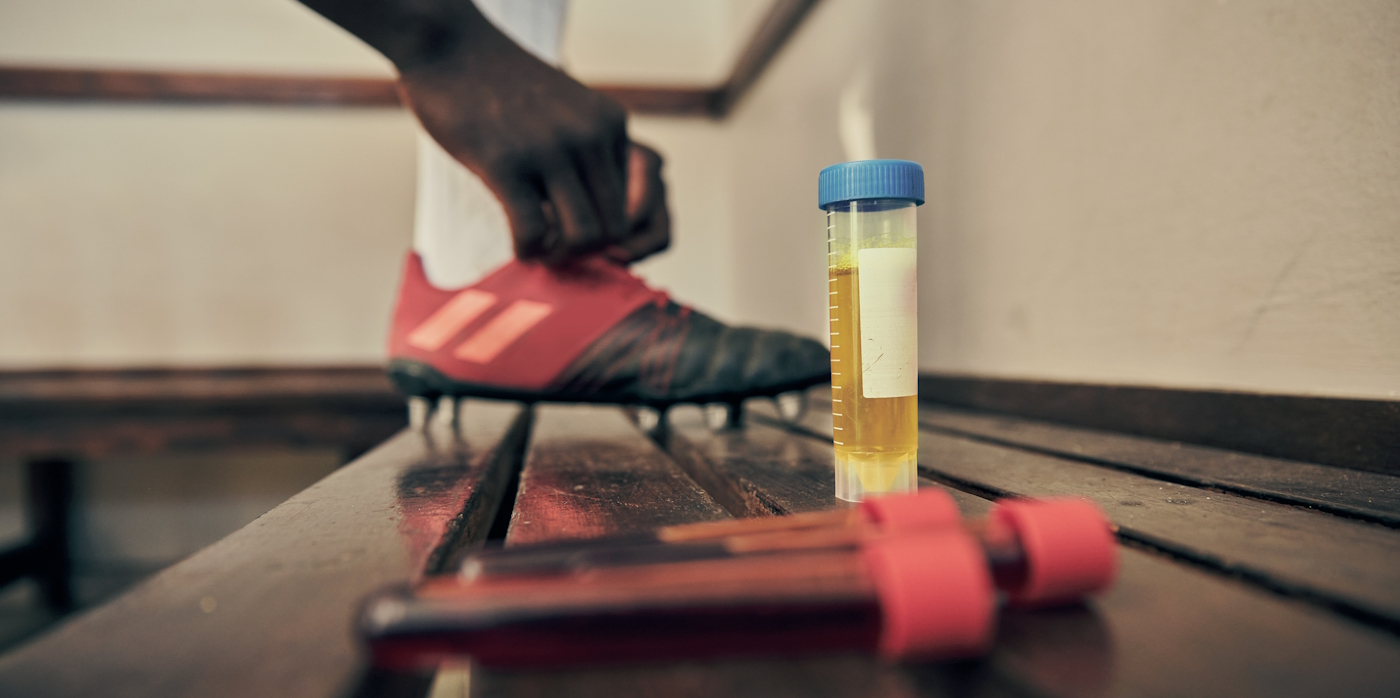World Anti-Doping Agency (WADA) Social Science Research Grant Program Open for 2024/25 Call
Established in 1999 and based in Canada, the World Anti-Doping Agency (WADA) is an international independent agency responsible for combatting doping in sport.
To support WADA’s research focus, the WADA Social Science Research Strategy 2020-2024 (SSR Strategy) feeds in to its Social Science Research Program (SSRP). The SSR Strategy aims to maximise benefits for WADA stakeholders and address challenges within the field of social science research as it relates to clean sport.
WADA’s Social Science Research Grant Program has been the main mechanism to fund social science research since 2005. The SSR Strategy expands the scope of social science research activities, with the Grant Program being one key initiative. The social science research priorities have been developed based on a social ecological model that identifies six overarching levels of influence, with athletes placed at the centre.
The levels of influence, research priorities and indicative areas of enquiry for the grant scheme are:
- Athlete
- Athlete pathway and experience: What factors contribute to doping vulnerability and what factors are protective at each stage of the athlete pathway? How do athletes experience the anti-doping system?
- Clean sport behaviours: What are the behaviours that contribute to clean sport?
- Athlete Support Personnel (ASP)
- Role and influence of ASP: What role and influence do ASP have on clean sport behaviours and doping vulnerability at each stage of the athlete pathway?
- Experience of ASP in clean sport: How do ASP experience anti-doping and how does that interact with their role in clean sport?
- Education Programmes
- People investment in anti-doping: What is the impact of investment in people within the anti-doping system on implementing key anti-doping functions and overall contribution to clean sport? What supports people to do their jobs more effectively and what are the challenges?
- Effectiveness of anti-doping/clean sport: What are the components and principles of education programmes and interventions that will maximise the development of clean sport behaviours?
- World Anti-Doping Program
- WADA Doping Prevention Model: What are the most effective methods for integrating and implementing the five strategies of the WADA Doping Prevention Model in anti-doping programmes?
- Anti-Doping Policy Impact: What is the impact of policies implemented to prevent doping at each level of the anti-doping system?
- Sport Environment
- Sport Policy: What impact does wider sport policy have on the culture of sport and, specifically, behaviours related to clean sport?
- Evolution of sport practices: What impact do the evolving practices in sport have on athletes’ and ASPs’ clean sport behaviours?
- Society
- Horizon scanning: What strategies and learning from other industries/sectors can be applied to clean sport/anti-doping?
- Non-sport influences: What are the potential non-sport disruptors and influencers on clean sport?
Applications are invited from Principal Investigators and organisations of all types (universities, colleges, small businesses, for-profit organisations, not for profit organisations etc) based in any country. WADA seeks to enhance SSR capability in traditionally under-represented and underfunded regions (namely, Asia, Latin America and Africa) and encourages researchers from these regions to apply.
Investment is delivered through three tiers according to the scale and scope of the proposed research. The tiered system allows for more tailored application requirements for projects rather than a ‘one size fits all’ approach. The tiers and grant levels are:
- Tier 1: Providing an evidence base to inform international anti-doping policy and practice, and facilitating international research exchange across academic disciplines – grants of between $75,000 and $150,000.
- Tier 2: Contributing to programme or intervention development or improvement at national level or within a single sport to support the prevention of doping – grants of between $20,000 and $75,000.
- Tier 3: Investing in smaller scale research projects to pilot or examine the viability of interventions or desk-based research, particularly projects led by early career researchers or targeting under-funded regions – grants of up to $20,000.
It is recognised that there may be a degree of fluidity between tiers. The primary criteria to determine which tier to apply to should be the grant level (budget scale).
To provide further information about the application process, WADA’s Education Team will host a webinar (in English) on 2 October 2024 (13:00 to 14:00 BST). Advance registration is required to attend.
(This Bulletin article was the subject of a ResearchConnect news alert.)

